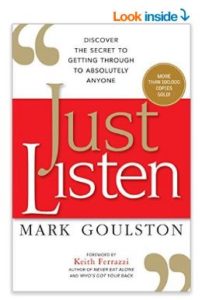Podcast: Play in new window | Download
Subscribe: RSS
[embedyt] https://www.youtube.com/watch?v=5Cu8PUkMxb4[/embedyt]
Meet Our Guest:
Holland Haiis has been dubbed the Digital Detox Expert. She is often called upon by CNN International, CBS, NBC, FOX News, Sirius Radio and many others to discuss how to increase connection within ourselves while finding a technological balance.
Holland is a speaker, corporate team builder and the author of the well received book; Consciously Connecting: A Simple Process to Reconnect in a Disconnected World.
Holland’s mission is to help the world understand how our brain’s and our live’s are changing due to using too much technology and how we can find that perfect balance. By consciously connecting we find the power to our goals, boundaries, creativity and so much more! Holland works with individuals, families and corporations on their path to honoring relationships and understanding how to live and work more human.
In 2016 Hay House voted Holland one of 100 Global Thought Leaders and she spoke at their World Summit. She is also a contributing editor for HuffPost.
For more information on Holland and her services visit her website at www.hollandhaiis.com


 Widely regarded as a “people hacker,” Dr. Goulston began his career as an interventional psychiatrist focusing on suicide and violence intervention and prevention and UCLA professor of psychiatry. He then extended his work to training FBI and police hostage negotiators and then to the corporate world and NGOs.
Widely regarded as a “people hacker,” Dr. Goulston began his career as an interventional psychiatrist focusing on suicide and violence intervention and prevention and UCLA professor of psychiatry. He then extended his work to training FBI and police hostage negotiators and then to the corporate world and NGOs.

 Turn your attention to the speaker.
Turn your attention to the speaker.